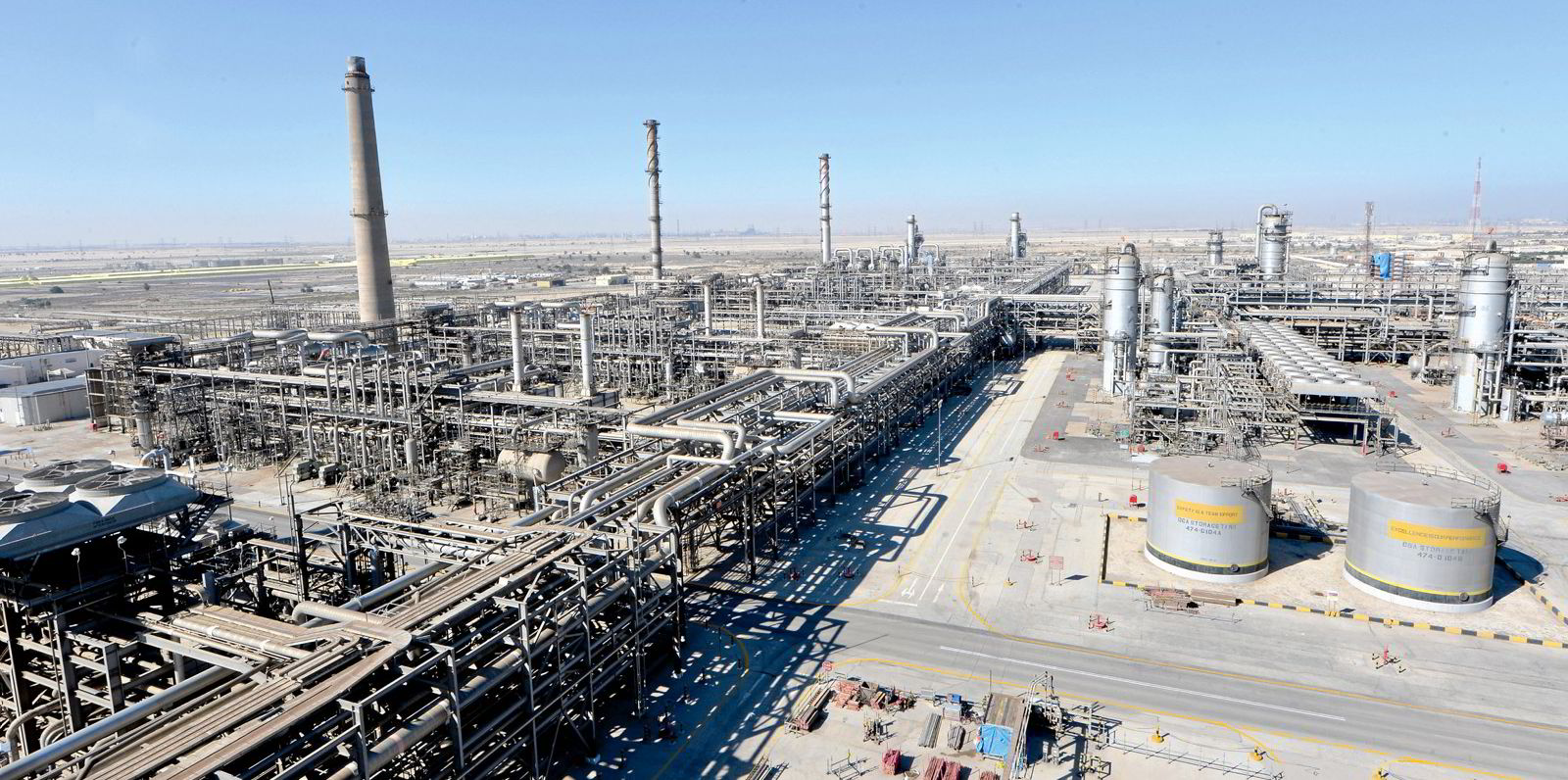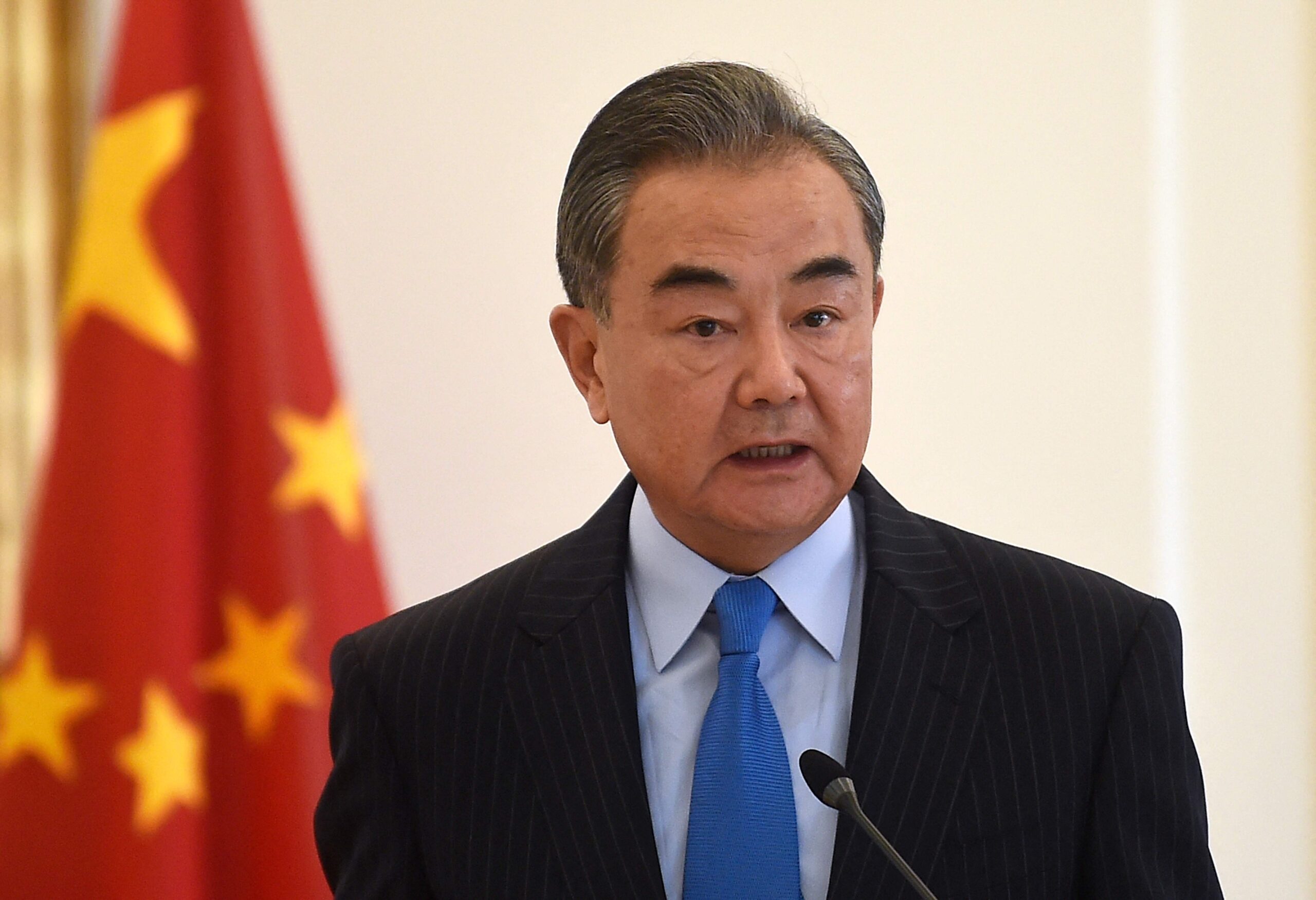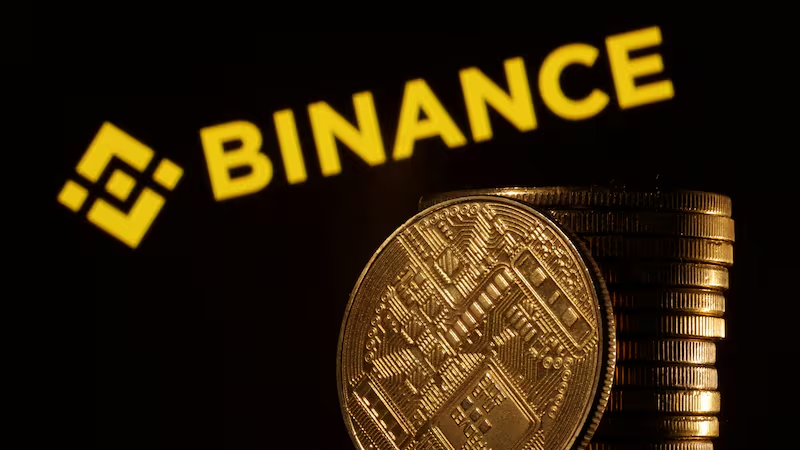Singapore introduced new curbs on public housing as Prime Minister Lawrence Wong seeks to tame price gains that threaten to become a political flashpoint in upcoming elections.
The measures, which include a lower loan-to-value limit on financing from the public housing authority, are aimed at promoting a “stable and sustainable” market, according to a joint statement late Monday from the Ministry of National Development and the Housing & Development Board.
The affordability of public housing has become a contentious issue for the ruling People’s Action Party, which has governed the city-state since independence in 1965 and has seen its popularity decline. Almost 80% of households live in public housing units, which are built and sold at subsidized prices by the state.
Prices of second-hand flats have surged in recent years — in some cases topping S$1 million ($764,000) — driven by pandemic-induced construction delays for new homes and high demand for flats in popular neighbourhoods. Last year, resale public flat prices rose 4.9%, and they have risen more than 4% in the first half of 2024, according to government data.
Loan-to-Value
Under the new measures, loan-to-value limits, which determine the maximum amount an individual can borrow from the HDB, will be lowered to 75% of a property’s price or value from 80%. The limit on loans from commercial banks will remain at 75%. The changes kicked in from Aug. 20 and will apply to transactions in the secondary market as well as new units known as Build-To-Order flats starting in October.

“Given the sustained, strong, broad-based demand for HDB resale flats, these measures will help cool the market and encourage prudent borrowing,” according to the statement.
The government will also increase housing grants by as much as S$40,000 to improve affordability for lower-to-middle income first-time home buyers.
The reduction in the loan-to-value limit to 75% from 80% on public-home financing from Singapore’s public housing authority could slow price growth in the segment and slightly moderate private-home gains. This is because it may hurt affordability for owners of public housing who want to upgrade to private as resale price growth slows for their flats.
– Ken Foong, analyst
The government likely acted as it saw outlier prices in the second-hand public housing market, said Alan Cheong, executive director of research for Singapore at Savills Plc. But the impact is limited especially since buyers for expensive flats are likely high-income types who are less sensitive to loan limits, he said. The market will “continue to set records,” he said.
The curbs marks the third time in less than three years authorities are tightening rules for HDB housing loans. Such mortgages offered by the public housing authority have lower interest rates than banks. The loan-to-value limits were lowered from 90% in late-2021, and further reduced again in 2022.
The government has also sought to allay voter discontent about the issue by ramping up supply, with a pledge to launch 100,000 public housing flats from 2021 to 2025.
In his first major policy speech since taking over the premiership in May, Wong said Sunday that authorities are on track to meet the goal. Last year, his predecessor Lee Hsien Loong also announced measures including new classifications to ensure units built in prime locations face greater restrictions before being sold, to reduce speculation.
But the measures have so far failed to tame the market significantly. A price index of second-hand public housing has risen for 17 consecutive quarters, while the number of transactions at or above S$1 million doubled to a record of 419 in the first half. Wong acknowledged Sunday that such deals has become “a big concern for home buyers.”
The new property curbs come as Wong readies to lead his party into the next election, which must be held by November 2025. The vote will be the first since the PAP had its worst-ever parliamentary showing in 2020 — despite winning 89% of the seats — owing in part to concerns about the economy and a youth cohort that’s more open to a bigger role for the opposition in government.
Singapore Housing Race Leads to Early Marriages Some Regret
Wong also pledged Sunday to keep housing affordable, including raising a public housing grant for lower-income couples, and said his government will see what more can be done to allay housing concerns among singles.
In April 2023, the government sought to ease the boom in private homes. It slapped on additional cooling measures including doubling stamp duties for most foreign buyers to 60% and raised levies for second-home buyers.
The Monetary Authority of Singapore last month downplayed the need for more cooling measures in the private property market as there aren’t signs of overexposure to real estate in the banking sector. “We don’t see the need to move at this time,” central bank chief Chia Der Jiun said then.




